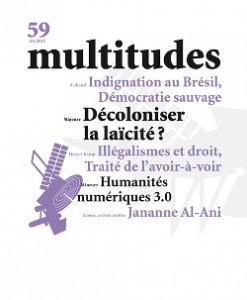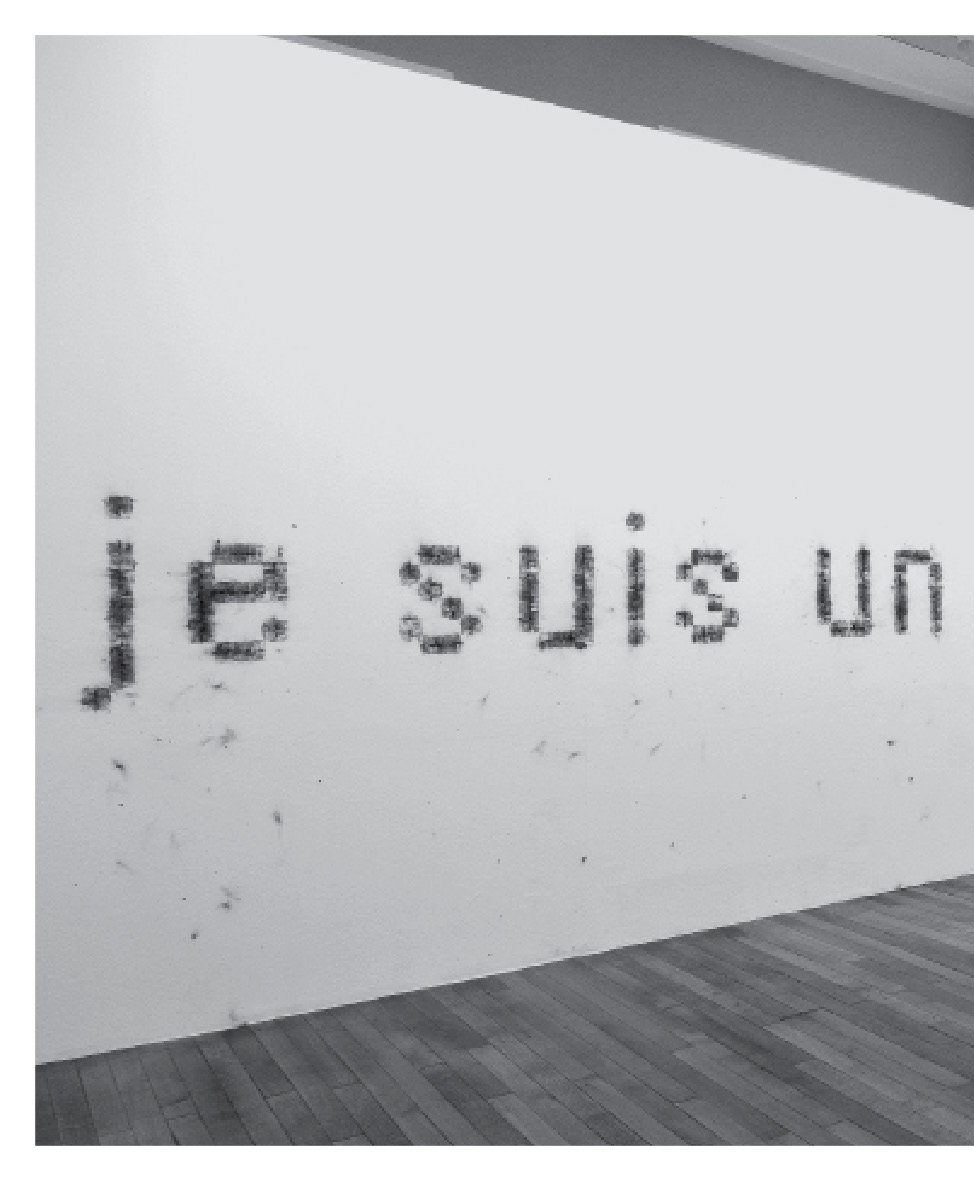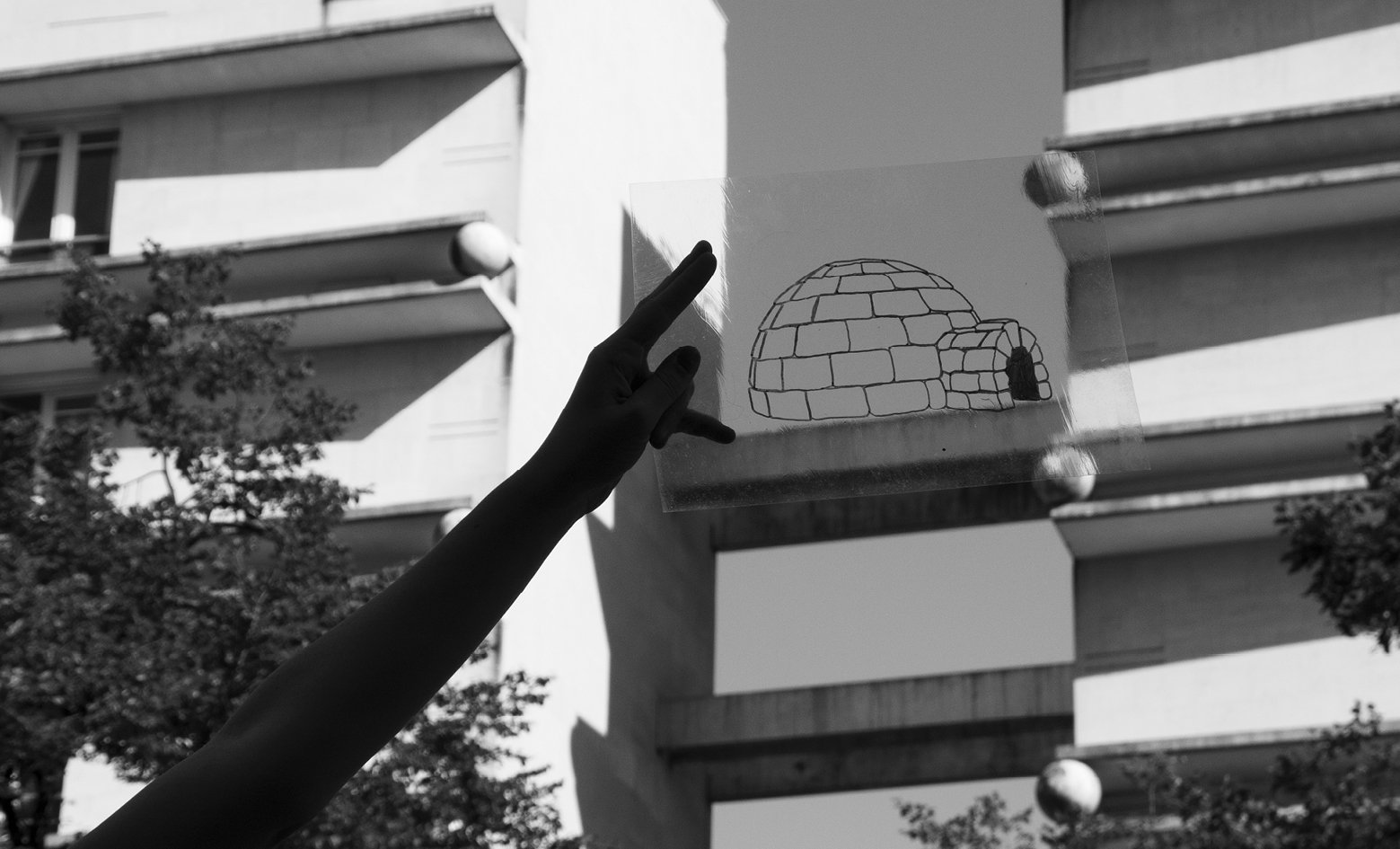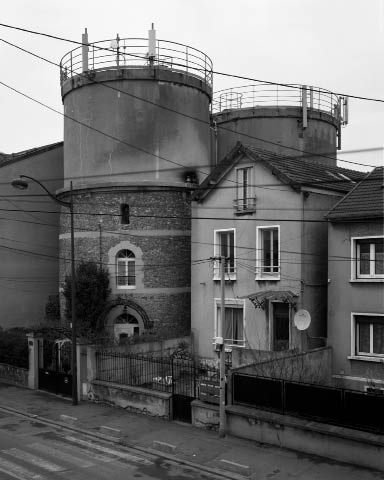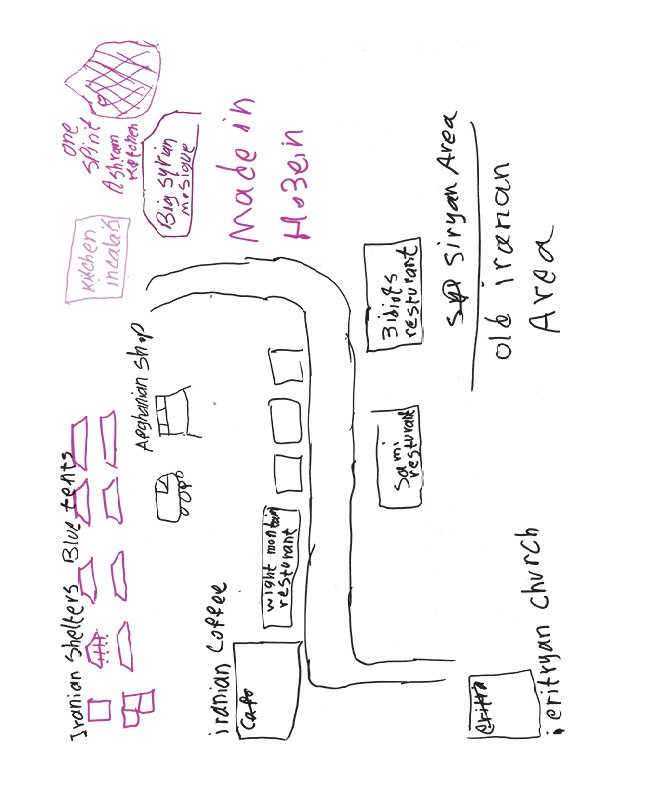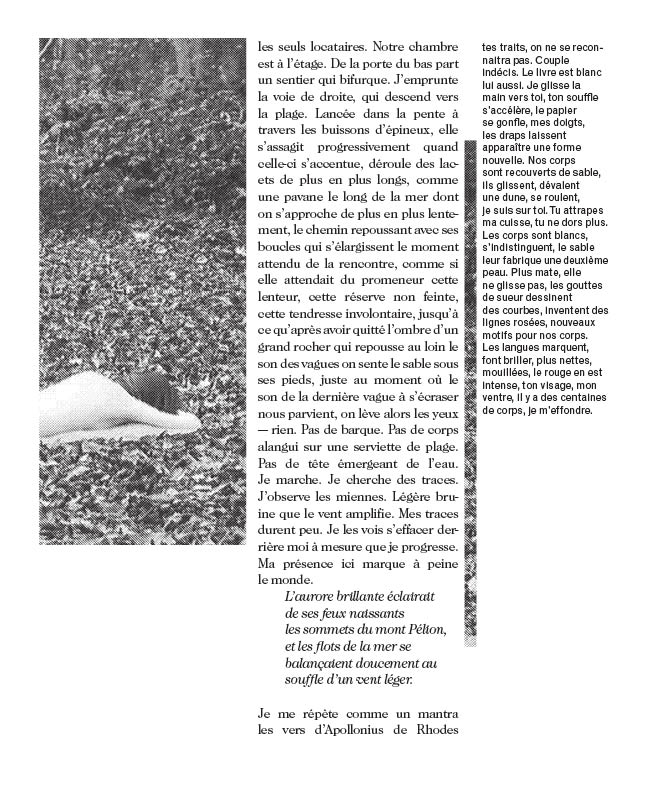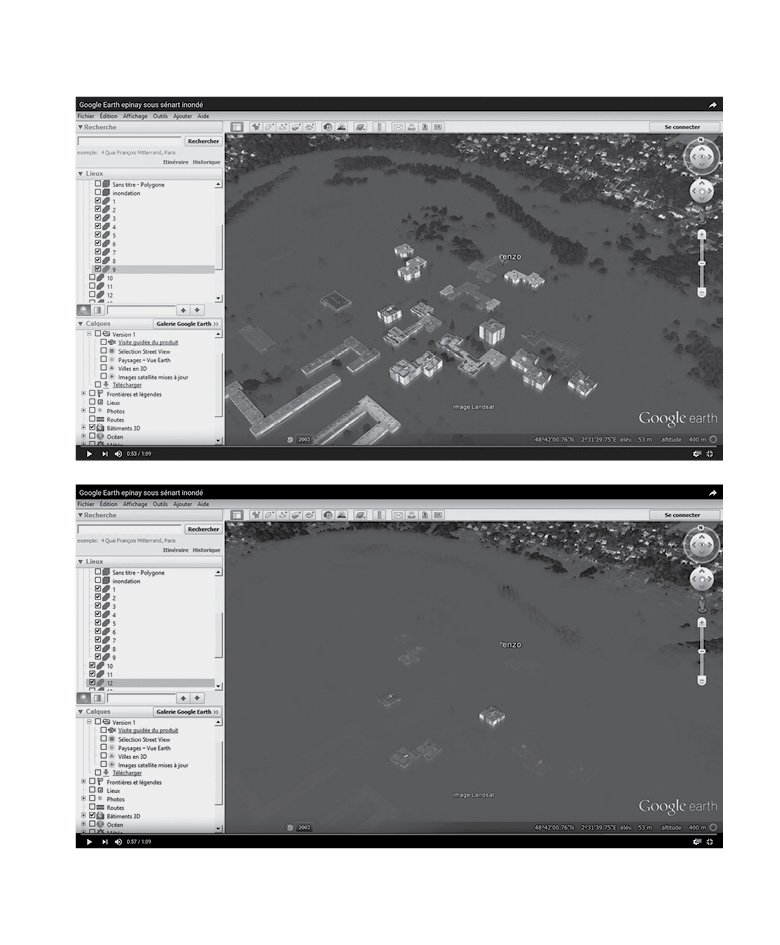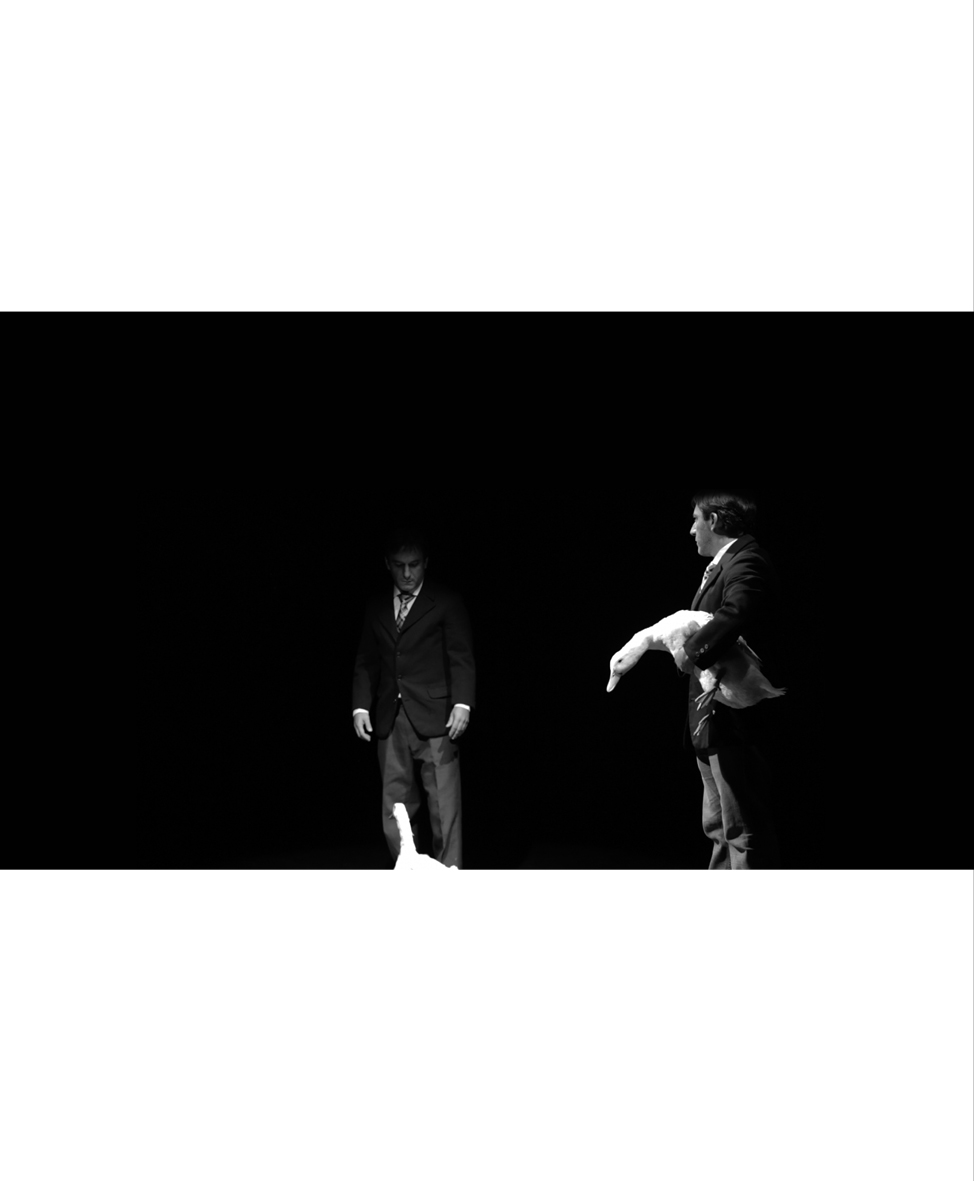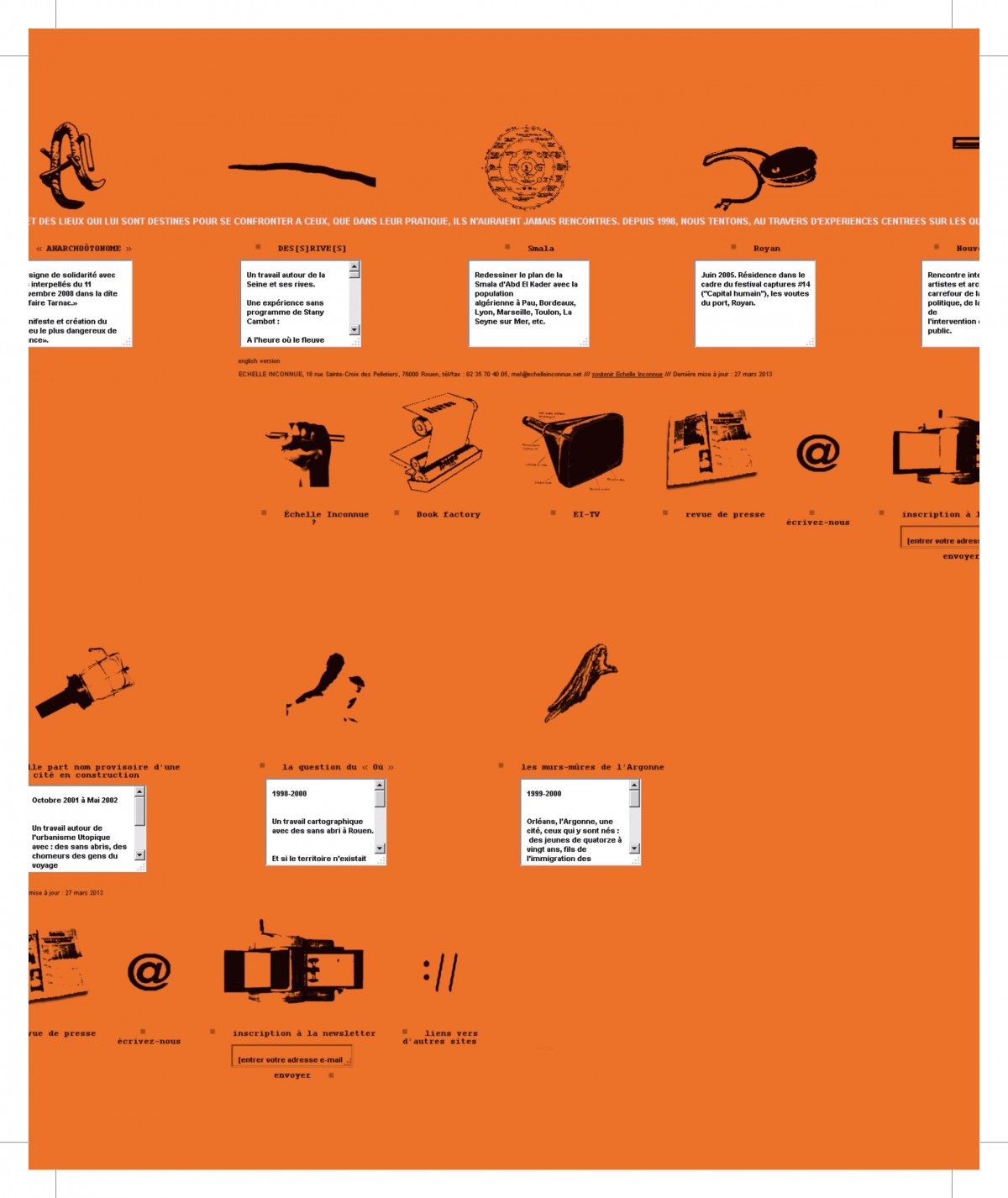Illégalismes et droit de la société marchande, de Foucault à Marx
À partir d’une lecture critique de Foucault, cet article revient sur l’un des premiers textes de Marx, consacré au vol de bois mort, pour analyser les liens entre le régime pénal de la sanction du vol de bois et le régime civil de la transformation de la propriété, entre la production des illégalismes et les métamorphoses de la société civile. Il en tire une vision synthétique du patrimoine considéré comme un « corps juridique artificiel », avant d’apporter un éclairage saisissant sur l’incarcération de masse qui caractérise notre époque, où il suggère de voir un moyen de contrôler des populations paupérisées, caractérisées par un « patrimoine vide ».
Illegalism and Law in Market Society, from Foucault to Marx
Starting from a critical reading of Foucault, this article analyses an early text by Marx where the penalization of the theft of dead wood resonates with the transformation of property law, with the production of new forms of illegalism and with the transformation of civil society. It reinterprets patrimony as an “artificial judicial body”, in order to shed light on today’s mass incarceration, viewed as a means of control towards pauperized populations characterized by their “empty patrimony”.

